The Gift
he walked into the bakery to buy bread
a big man
well worn cowboy hat
gentle face
we were sitting at a table
drinking our papaya juice
and talking to the dona behind the counter
he turned to us and said
“uma cancão”
and he began to sing in a soft sweet voice
he sang of his seventy-three years
he sang of his growing up
he sang of his family and the death of his wife
he sang of his travels
and he sang of his cows
I didn’t understand all the words
but I understood his song and marveled at its beauty
when he finished singing he just smiled at us
took his bread
and walked out of the bakery
there remained a silence
that was filled
with the gift of his song
by Robert Markey
from Poems from Brazil
dona – owner
uma cancão – a song

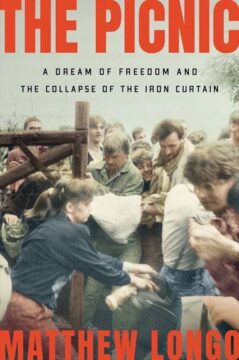 A
A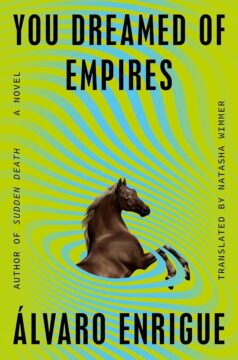 The Aug. 13, 2021 edition of The New York Times failed to mention the 500th anniversary of the fall of Tenochtitlan, the erstwhile Aztec capital out of which Mexico City was born. Álvaro Enrigue noticed. Of course.
The Aug. 13, 2021 edition of The New York Times failed to mention the 500th anniversary of the fall of Tenochtitlan, the erstwhile Aztec capital out of which Mexico City was born. Álvaro Enrigue noticed. Of course. Ryan Crownholm, a middle-aged Army veteran with luminous green eyes and a strong jawline, likes to describe himself as a health hacker. He has written on LinkedIn that, after founding and running several construction-related companies, he started to think of his own body as a data source. During the pandemic, he attached a continuous glucose monitor to his skin, bought an
Ryan Crownholm, a middle-aged Army veteran with luminous green eyes and a strong jawline, likes to describe himself as a health hacker. He has written on LinkedIn that, after founding and running several construction-related companies, he started to think of his own body as a data source. During the pandemic, he attached a continuous glucose monitor to his skin, bought an  O
O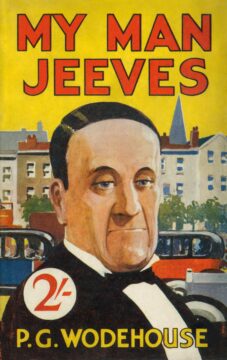 Douglas Adams called him “the greatest comic writer ever.” Hilaire Belloc went so far as to pronounce him “the best living writer of English,” and rather than retract that excessive praise he explained it. P.G. Wodehouse had perfectly accomplished what he set out to do: create and sustain a world that would amuse us.
Douglas Adams called him “the greatest comic writer ever.” Hilaire Belloc went so far as to pronounce him “the best living writer of English,” and rather than retract that excessive praise he explained it. P.G. Wodehouse had perfectly accomplished what he set out to do: create and sustain a world that would amuse us.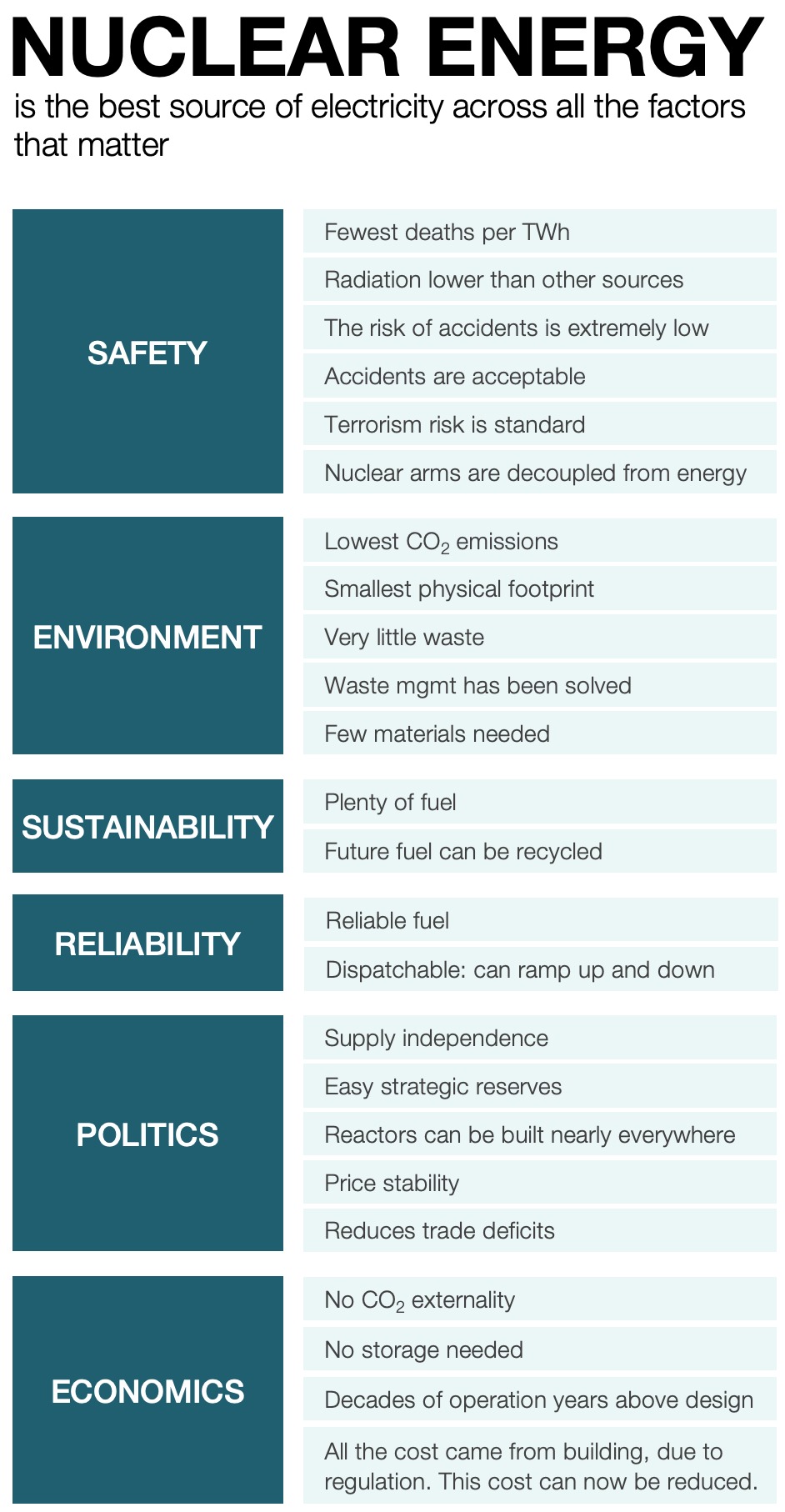
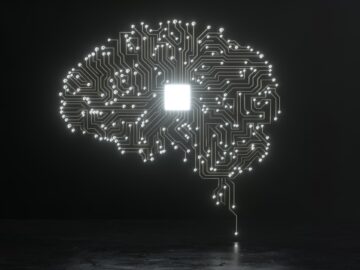 G
G